As an early-stage startup founder, you’re laser-focused on getting your business off the ground. Building your product, hiring a team, chasing revenue – it’s all-consuming.
But there’s something equally crucial you need to care about in those chaotic early days: your employees’ mental health. The UK is facing a mental health crisis, and startup team members are vulnerable. Here’s what you need to know.
The Mental Health Crisis Is Real
First, let’s look at the stark statistics. 1 in 6 British workers experience mental health issues like anxiety, depression, and stress in any given week, according to Mind. During the pandemic, these numbers spiked further, with 49% reporting mental distress.
This mental health crisis impacts workplace productivity and retention. Up to 12.5 million working days are lost annually due to stress, anxiety and depression, states Mind. Half of people with mental health issues have considered quitting their job as a result.
As a startup founder, you can’t afford to ignore this reality. Promoting employee mental health directly impacts your ability to build, motivate and retain your team.
Startup Work Carries Unique Risks
While all British workplaces are affected, fast-paced startups come with unique risk factors that amplify mental health struggles:
- Ambiguity: Uncertainty and constant pivoting creates stress. Employees lack role clarity.
- Overwork: Long hours and unclear boundaries lead to burnout. Difficulty “switching off.”
- Isolation: No colleagues to bond with if small team. Can feel “on an island.”
- Pressure: Intense expectations to produce and perform quickly. Feeling they’ll “let startup fail.”
- Constant change: Frequent strategy shifts leave people feeling unsettled and insecure in their role.
As founders, we sometimes view these dynamics as “inevitable start-up life.” But they often erode employees’ mental health in unseen ways.
Destigmatise Mental Health in the Workplace
The first step is destigmatizing mental health struggles so employees feel safe being vulnerable. Set the tone through open conversations and messaging:
- Share your own stories of stress, anxiety, burnout. Employees will follow your lead.
- Make mental health a normal, regular discussion topic and priority.
- Communicate that wellbeing is valued at the company, not something to hide.
- Promote self-care practices like taking breaks, unplugging after-hours, using vacation time.
- Challenge notions that self-care makes you “weak” or “not committed.”
Simple efforts like a Slack channel to share mental health resources make a difference. You want workers to feel their struggles are acknowledged, not shameful secrets.
Invest in Mental Health Training
Proactively train managers and employees on mental health challenges and responding compassionately:
- Host mental health first aid courses to spot symptoms of distress and provide initial support.
- Share guidelines on referring employees to professional help and discussing accommodations.
- Educate staff on warning signs of suicide risk and emergency resources.
Ensure leaders model non-judgemental, compassionate mindsets when employees come forward. The goal is making your start-up a workplace where it feels psychologically safe to say “I’m not ok,” without repercussions.
Provide Benefits and Wellness Resources
While free snacks and office perks are nice, make sure you also offer meaningful mental health benefits:
- Provide access to an employee assistance program (EAP) offering free, confidential counselling and referral services for a range of issues.
- If budget allows, provide private health insurance with mental health coverage.
- Share apps, videos, articles and other resources that provide stress management, meditation, resilience and self-care content.
- Reimburse costs associated with wellness activities like gym memberships, massages, and therapy co-pays (within budget constraints).
These demonstrate your commitment to employees’ complete wellbeing beyond just their work output.
Cultivate a Culture of Support
Foster an environment where employees feel safe coming forward if they’re struggling:
- Make accommodations readily available for mental health needs without judgment, like leaves, reduced schedules, role flexibility and work from home.
- Institute regular “stay interviews” for managers to check in on employee wellbeing and nip issues in the bud.
- Provide access to free helplines like Samaritans that offer confidential emotional support 24/7.
- Clarify that mental health disclosures will not impact performance reviews, job security, or standing on the team
- Train managers on compassionate communication, active listening, empathy and emotional intelligence.
The goal is ensuring employees never feel alone in their mental health journey at your company.
Reduce Stressors Where Possible
Audit your startup’s daily work experience for unnecessary stressors you can lessen or remove:
- Institute reasonable work hours and email/Slack etiquette not expecting 24/7 availability.
- Clarify workload expectations, priorities and boundaries so employees aren’t overwhelmed and unsure.
- Evaluate processes that create needless pressure, bureaucracy or “busy work” that wastes mental energy.
- Allow sufficient breaks during the workday for recharging.
- Strongly encourage taking of allotted holiday time. Disrupt cultures of guilt around time off.
Not every start-up stressor can be removed. But even small steps to restore work-life balance and sanity help.
Provide Access to Counselling Support
Ensure employees have access to confidential mental health expertise:
- Bring in a counsellor or therapist for on-site office hours or virtual appointments.
- Vet and share referrals to affordable external counsellors or psychologists should staff want longer-term treatment.
- If budget allows, subsidize the cost of therapy sessions up to a set amount.
- Explore group counselling focused on issues like managing stress, work-life balance, mindfulness, resilience.
Providing this psychological support demonstrates how seriously you take employees’ mental wellbeing.
Lead with Empathy and Compassion
As founder, set the tone for how employees’ mental health is discussed and addressed:
- Check in regularly, even informally, on how staff are coping and feeling. Listen without judgment.
- Train managers to have supportive mental health conversations, not just task-driven ones.
- If employees seem withdrawn or struggling, compassionately express concern for their wellbeing rather than irritation at their performance.
- Offer support accommodations sincerely rather than begrudgingly. Don’t demand explanations beyond their comfort.
- If employees take leave or reduced schedules for mental health reasons, guarantee their role and status will remain unchanged upon return.
Your understanding and reassurance are powerful foundations for workers to stand on when they’re emotionally shaky.
Watch for Signs of Distress
Some indicators an employee may be struggling:
- Withdrawal from team interactions
- Decline in performance and engagement
- Expressions of self-doubt, lack of confidence
- Appearing tearful, frequent crying
- Insomnia, fatigue, lack of focus
- Increased sickness or absence
- Irritability, impatience, anger
Don’t assume it’s poor performance or attitude. Initiate a compassionate conversation to explore what they’re going through.
Have Supportive Conversations
If you notice possible mental distress signals:
- Ask how the employee is doing overall – share that they seem “off” lately.
- Express care for their wellbeing beyond just work.
- Ask open questions without demanding reasons for the signals, e.g. “How are your energy levels lately?” rather than “Why are you late every day?”
- Listen with empathy. Don’t immediately problem-solve.
- Share availability of company resources, benefits and accommodations to support them.
- Reassure that you’re committed to supporting their health in whatever way needed.
- Follow up and check in regularly after the initial conversation.
The goal is to open the door to continuous, compassionate dialogue on their needs.
Encourage and Provide Accommodations
Proactively suggest reasonable accommodations that could help relieve mental health stressors:
- Temporary reduction in working hours or workload
- Sabbatical or mental health leave of absence
- Flexibility to attend therapy appointments
- Temporary adjustment in responsibilities to reduce pressure
- Option to work from home more frequently
- Removing unhelpful targets or metrics
- More frequent one-on-one check-ins with manager
Make clear accommodations will be provided without negative repercussions or stigma.
Connect Employees to Mental Health Help
Have resources on hand to refer employees to if appropriate:
- Details on your employee assistance program and any free therapy sessions offered
- Contact information for your health insurance provider’s mental health benefits
- List of external counsellors and psychologists, with clear pricing
- Free 24/7 mental health helplines like Samaritans they can call in crisis moments
- Apps like Calm and Headspace providing stress relief and mindfulness content
- Details on support groups related to their condition (e.g. depression, grief, addiction)
Equip managers to have these available to share with struggling employees.
Separate Performance from Health
Assure workers that mental health struggles will not endanger their standing at the company:
- Accommodations and leaves for mental health will not impact promotion criteria, pay decisions, or role changes.
- If performance suffers temporarily as a result of their condition, this will be addressed separately once they have recovered.
- Pre-existing mental health disclosures will not influence your perception of their skills or value.
No employee should feel they need to hide mental illness or push themselves to unhealthy extremes for fear of professional repercussions.
Prevent Founder Burnout Too
As founder, ensure you avoid burnout through self-care and support:
- Be vigilant against toxic “hustle culture” attitudes that glorify overwork.
- Take real downtime and holidays yourself to model work-life balance for employees. Don’t just talk the talk.
- Surround yourself with mentors, coaches, confidantes and other founders who provide psychological support and perspective.
- Invest in your own mental wellbeing through counselling, stress management, self-reflection.
You can’t authentically help employees manage mental health struggles while neglecting your own. Set the tone by putting your oxygen mask on first.
Conclusion
The mental health crisis touches every British workplace, including growing start-ups. But founders set the culture. By destigmatising struggles, demonstrating compassion for employees, reducing unnecessary stressors and providing mental health resources, you build a team poised for resilience and long-term success.
This takes more than ping pong tables or free snacks. But an investment in psychological safety and support will pay dividends in motivation, innovation and retention. Don’t leave mental health as an afterthought. Make it a core part of your people strategy from day one.

